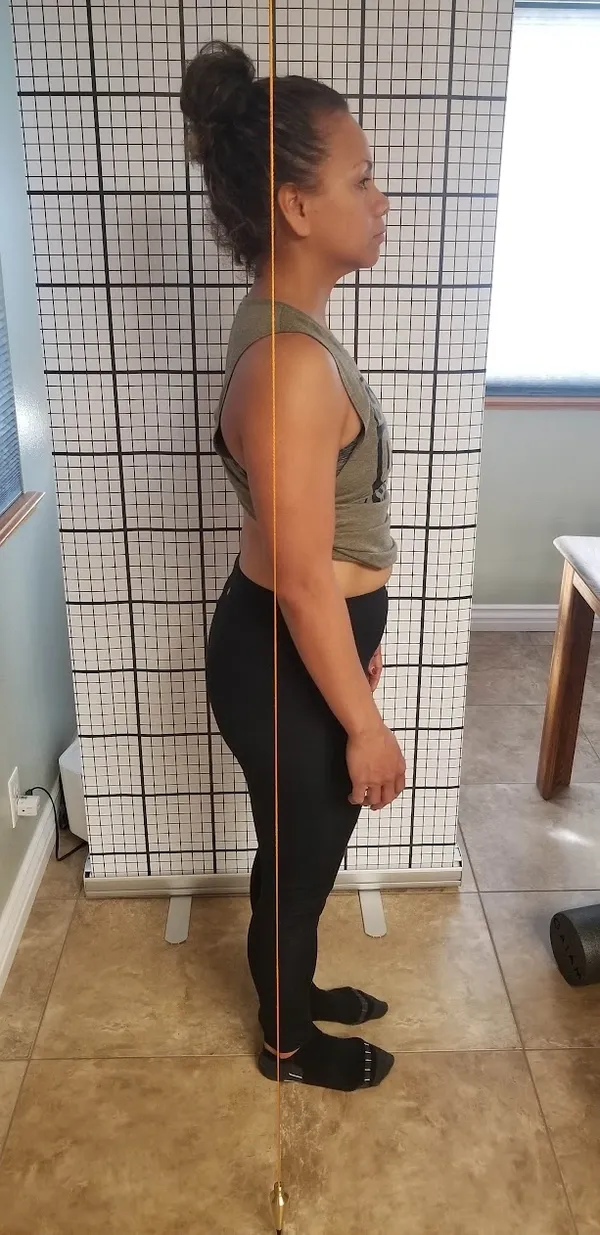Clinical bodywork is a specialized form of bodywork or massage therapy that is focused on addressing specific musculoskeletal and functional issues with a therapeutic, clinical approach. The goal of clinical bodywork is to provide targeted treatment and relief for clients who are experiencing pain, discomfort, or physical limitations.
Key characteristics of clinical bodywork include:
- Assessment and Evaluation: Clinical bodywork typically begins with a thorough assessment of the client’s condition. The therapist may evaluate posture, range of motion, musculoskeletal imbalances, and specific areas of tension or pain.
- Customized Treatment Plans: Based on the assessment, the therapist develops a customized treatment plan that addresses the client’s specific needs and concerns. The plan may involve a combination of massage techniques, stretching, and other therapeutic interventions.
- Focused Techniques: Clinical bodywork therapists are trained in a range of techniques that may include deep tissue massage, myofascial release, trigger point therapy, joint mobilization, stretching, Proprioceptive Neuromuscular Facilitation, Structural Integration, manual therapy, Thai massage, and the empowering Coaching the Body (CTB) method. Throughout this process, an extensive toolkit is employed to enhance the effectiveness of the work together
- Pain Management: Clinical bodywork is often used for pain management. It can be beneficial for individuals dealing with chronic pain conditions, injuries, and post-surgery recovery.
- Rehabilitation: Clinical bodywork is used in rehabilitation to promote healing, reduce muscle tension, and improve range of motion. It can support clients in their recovery from injuries, surgeries, or medical conditions.
- Communication: Therapists engage in clear communication with clients to ensure that the treatment is comfortable and effective. Clients are encouraged to provide feedback during the session to guide the therapist’s approach.
- Holistic Approach: Clinical bodywork therapists consider the whole person and aim to address the root causes of musculoskeletal issues. This may involve discussions about lifestyle, posture, and ergonomics, in addition to hands-on treatment.
Clinical bodywork can benefit individuals with a wide range of conditions, including back pain, neck pain, headaches, sciatica, and sports-related injuries. It is often recommended by healthcare professionals as part of an integrated treatment plan for pain management and rehabilitation.
As a certified practitioner of Clinical Bodywork, trained at the renowned Coaching The Body™ Institute in Chicago by Chuck Duff, I hold specialized certifications as a CTB™ Shoulder and Sciatica/Hip Specialist. My expertise extends to in-depth client condition assessments, a profound understanding of muscular anatomy, and a keen awareness of Trigger Point pain referral patterns. I am well-versed in the nuanced techniques and tools integral to this holistic system. My skill set also includes the art of coaching clients and assisting them with self-care strategies, contributing to the long-lasting benefits of our sessions. I take pride in my track record of achieving exceptional results and helping individuals on their journey towards improved well-being. – Randy

